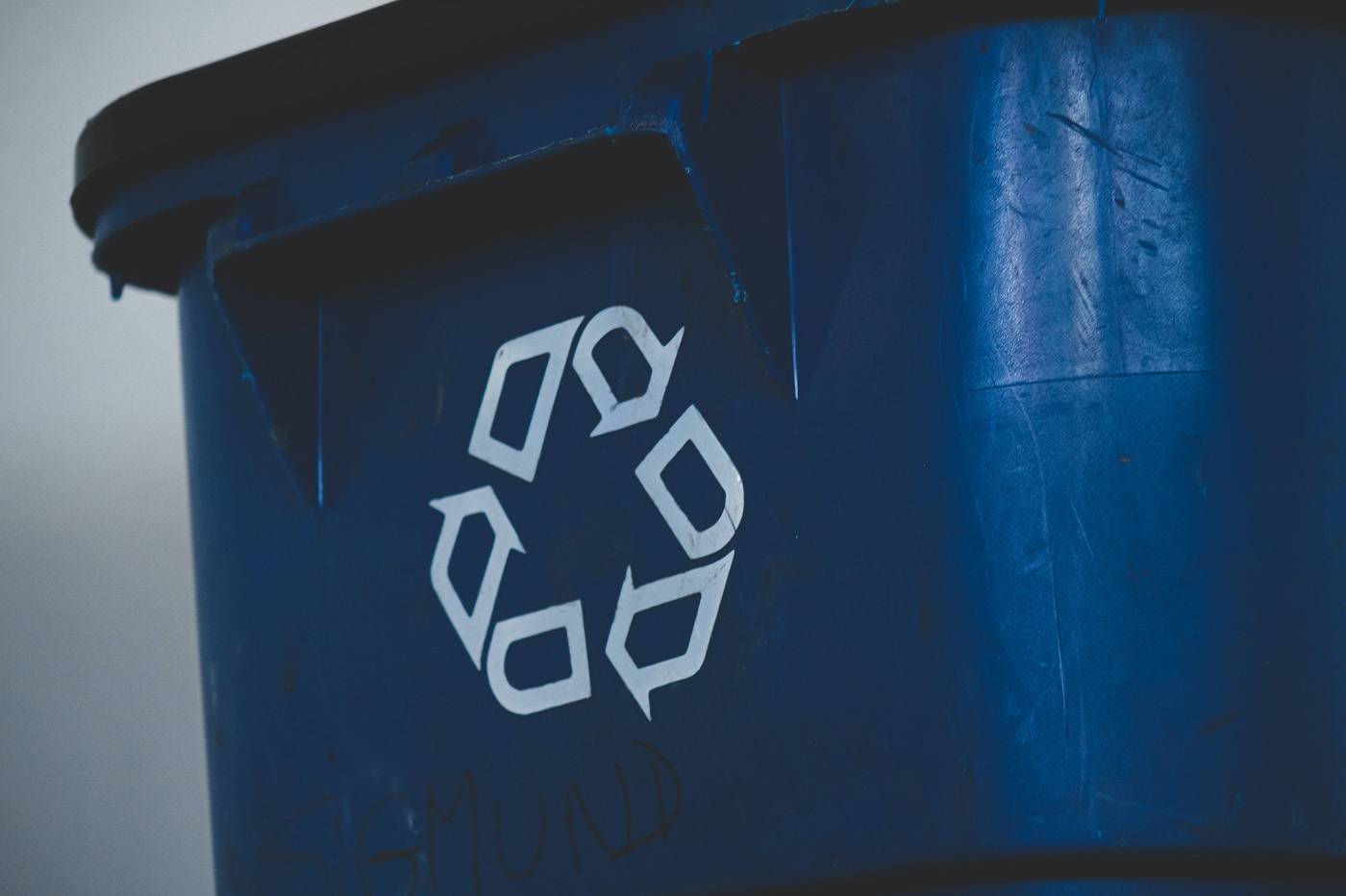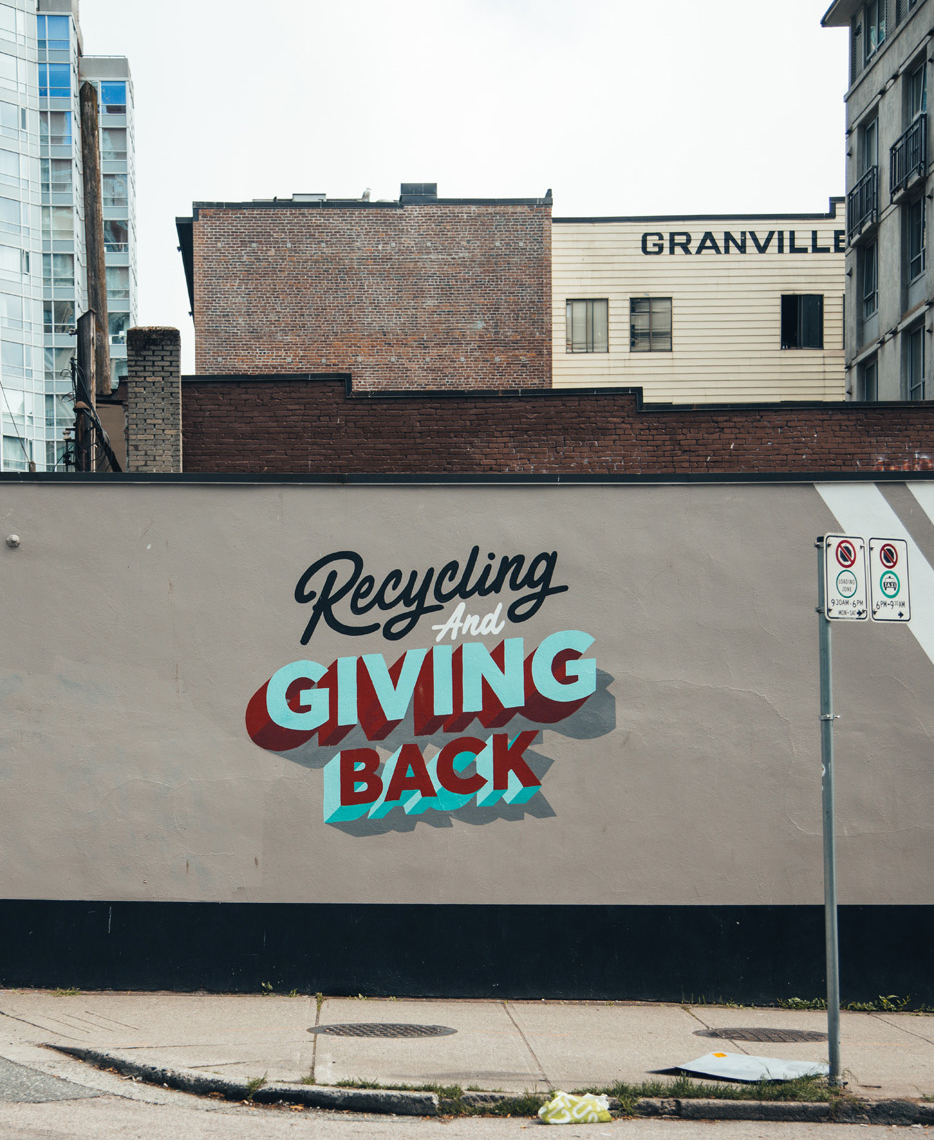Sustainability has become a buzzword in the fashion industry, with many companies claiming to be sustainable or environmentally-friendly. However, when it comes to sustainable certifications, the requirement for recycled material is often surprisingly low. This raises questions about the effectiveness of these certifications and the true sustainability of the products they certify.

Recycling may not always be the most sustainable choice, which is why the requirement for recycled materials in sustainable certification is typically low. While recycling can reduce waste and conserve resources, it also requires energy and resources to collect, sort, and process materials. In some cases, it may be more sustainable to use virgin materials that are produced in a more sustainable way, rather than recycled materials that have a higher carbon footprint.
Another reason for the low requirement for recycled material in sustainable certification is that these certifications focus on a range of factors beyond just recycled materials. For example, certifications may consider the use of organic or sustainable fibers, the reduction of water or chemical usage, or the fair treatment of workers. While recycled materials are important, they are just one factor in a complex sustainability equation
It is also worth noting that the fashion industry has a long way to go in terms of recycling and circularity. According to the Ellen MacArthur Foundation, less than 1% of material used to produce clothing is recycled into new clothing. This means that the fashion industry is still heavily reliant on virgin materials and has a lot of work to do to transition to a circular model.

So, what can consumers and companies do to ensure that sustainable certifications are truly sustainable? Here are some tips:
- Look for certifications that are transparent about their sustainability criteria and requirements. Some certifications may have higher requirements for recycled materials or other sustainability factors, so it is important to do your research.
- Look for companies that are transparent about their sustainability practices and goals. A company that is committed to sustainability will be transparent about their progress and challenges.
- Consider the entire sustainability picture, not just recycled materials. While recycled materials are important, they are just one factor in a complex sustainability equation.
- Support circularity initiatives and companies that are working to create a more sustainable fashion industry. This can include initiatives like textile recycling or rental services, or companies that are using innovative materials or production methods to reduce waste and conserve resources.
While the requirement for recycled material in sustainable certification may be low, this does not necessarily mean that certified products are not sustainable. These certifications consider a range of factors beyond just recycled materials, and recycling is not always the most sustainable option.
However, it is important for consumers and companies to do their research and consider the entire sustainability picture when making purchasing decisions or setting sustainability goals.
